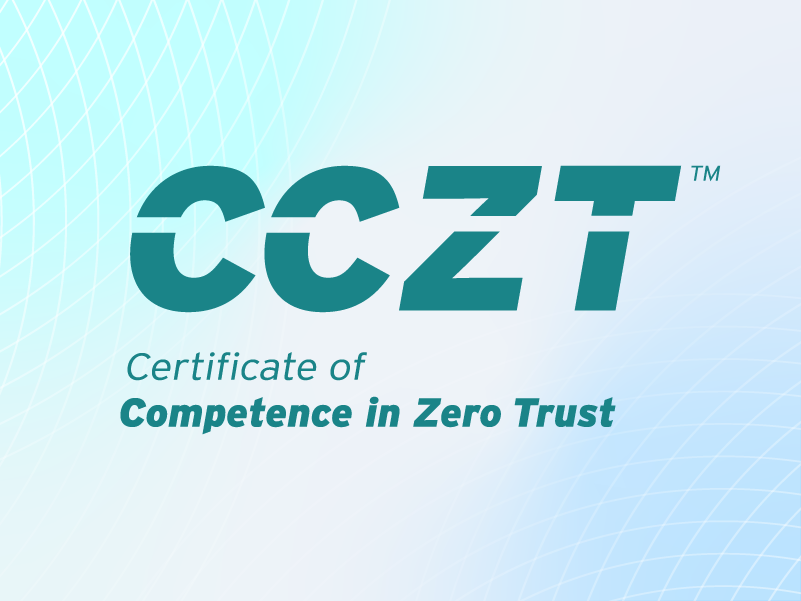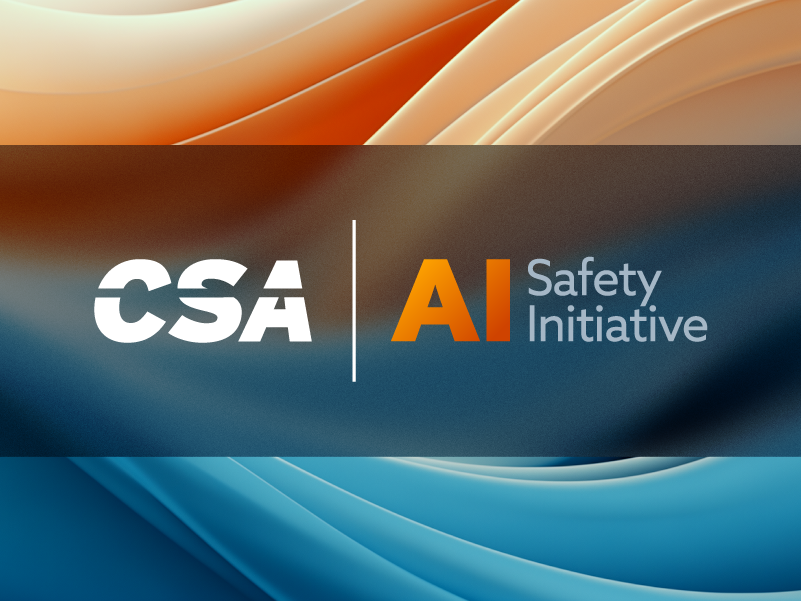Sealing Pandora's Box - The Urgent Need for Responsible AI Governance
Published 04/12/2024
Written by MJ Schwenger, CSA AI Working Group.
The explosive emergence of Generative AI, with its ability to create seemingly magical outputs from text to code, is undeniably exciting. However, lurking beneath this shiny surface lies a Pandora's box of potential risks that demand immediate attention and effective governance. Left unchecked, these risks could not only compromise the integrity of generated content but also exacerbate existing societal imbalances and undermine trust in technology itself.
Amplifying Bias and Discrimination
Generative AI, like any AI system, is built upon data. Biased data leads to biased outputs, perpetuating and magnifying existing social inequalities. Imagine AI-generated news articles unconsciously reinforcing racial stereotypes or medical algorithms discriminating against certain demographics. Governing AI development and deployment must prioritize fairness and inclusivity throughout the process, from data collection and model training to output evaluation and mitigation strategies.
Security Vulnerabilities and Unintended Consequences
The speed and automation introduced by Generative AI introduce new attack vectors. Malicious actors could exploit hidden vulnerabilities in generated code, orchestrate large-scale disinformation campaigns, or weaponize AI's creative abilities for harmful purposes. Robust security protocols, transparency in development processes, and clear ethical guidelines are crucial to ensure AI serves humanity, not the other way around.
Loss of Control and Accountability
As reliance on automated processes for code creation grows, understanding and oversight can become obscured. Complex, opaque AI models can produce unpredicted results, making it difficult to pinpoint accountability and hinder maintenance and scalability. Governance frameworks must encourage interpretability and explainability in AI systems, ensuring human oversight and control remain paramount.
The Economic and Ethical Cost of Inaction
Ignoring these risks carries a significant price tag. Unforeseen errors in generated code can lead to expensive software failures, while biased outputs can damage reputations and erode trust. The ethical costs are even graver, potentially exacerbating social divisions and undermining fundamental human rights. Investing in responsible AI governance now can prevent these costs and foster a future where AI empowers, rather than endangers.
Conclusion
Governing Generative AI is not about stifling innovation, but about building a foundation for responsible and sustainable development. By acknowledging the risks, implementing robust governance frameworks, and prioritizing ethical considerations, we can unlock the vast potential of Generative AI for good, shaping a future where technology serves humanity with both power and responsibility.
Check out CSA’s AI Safety Initiative to learn more about safe AI usage and adoption.
Related Resources



Unlock Cloud Security Insights
Subscribe to our newsletter for the latest expert trends and updates
Related Articles:
Core Collapse
Published: 02/26/2026
Agentic AI and the New Reality of Financial Security
Published: 02/26/2026
AI Security: When Authorization Outlives Intent
Published: 02/25/2026
The Visibility Gap in Autonomous AI Agents
Published: 02/24/2026


.png)
.jpeg)


